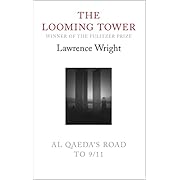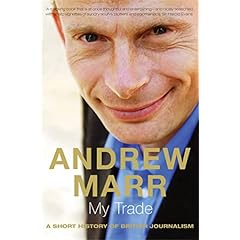
It is crime fiction I suppose, but it was first published in German in 2003 and then translated into English (by the superbly named John Brownjohn) and published in 2006 so that makes it relatively early in the whole 'Nordic noir' thing. It doesn't have much in common with some of the big hits I've read of Scandinavian crime writing; for me at least it was more engaging as a love story than as a detective story. Although in this respect it does fit into the traditional literary Nordic gloom as one half of the loving couple has just died. We observe the love of the novel's main protagonist in his grief for his recently deceased wife.
It is a very quiet book. The murderer is quiet, his victims die silently, the Finnish police say little to each other and the hero of the story is cut off from the world by his grief. I don't think they even mention any police cars turning their sirens on. The first snowfall of winter comes during the book making the world even more silent. I don't think anyone draws their gun at any point, don't expect action or violence. Perhaps this is realism for a Finnish crime novel.
The author's prose is sparse, he doesn't dwell too much on describing the settings either natural or man-made. Naantali, where much of the action takes place, is one of the more interesting small towns in Finland but there is little description of it in the text. I've read a couple of books by Camilla Läckberg set in Fjällbacka, in Bohuslän on Sweden's west coast. I found the books slightly annoying, but she does do a good job of describing Fjällbacka and its environs. Wagner doesn't do this for Naantali or Turku - indeed if you haven't visited them you won't have much of an image of them after finishing Ice Moon. A novel should not feel the need to be tourist information for the place in which it is set, so for me a bigger problem was that the story's timeline didn't make much sense. It starts in summer and ends in winter, but there only seems to be a week or two passing in between. The murder cases seems to play out relatively quickly - the first murder is still very much being actively investigated when the second and then the third happens. The events in the novel feel like they take place in a couple of weeks, but somehow it goes from midsummer to the lakes being frozen enough to walk on. I've longed toyed with the idea of writing a novel set in Finland - 'write about what you know' and all that - and always felt that the passings of the seasons and how nature changes would be the backdrop to a story of people. I think that is what Wagner has tried but he seems to have set two different clocks that are running at very different speeds. More than a detective novel, Ice Moon is a character study and it feels a little too much like the changing seasons are just being used as a literary device to amplify this.
One other minor criticism also occurred to me, although it is only likely to be of interest to Finns or those who have made some attempt at learning Finnish; the main character's name: Joentaa. It sounded odd to me and I asked my wife, she said she it doesn't really mean anything and she's never heard it as a surname. A quick look on Finnish Google supports this, with nothing coming up except references to this book. Perhaps the author picked a surname that sounds Finnish but isn't really on purpose as it is an odd mistake to make when all the other names sound real.













